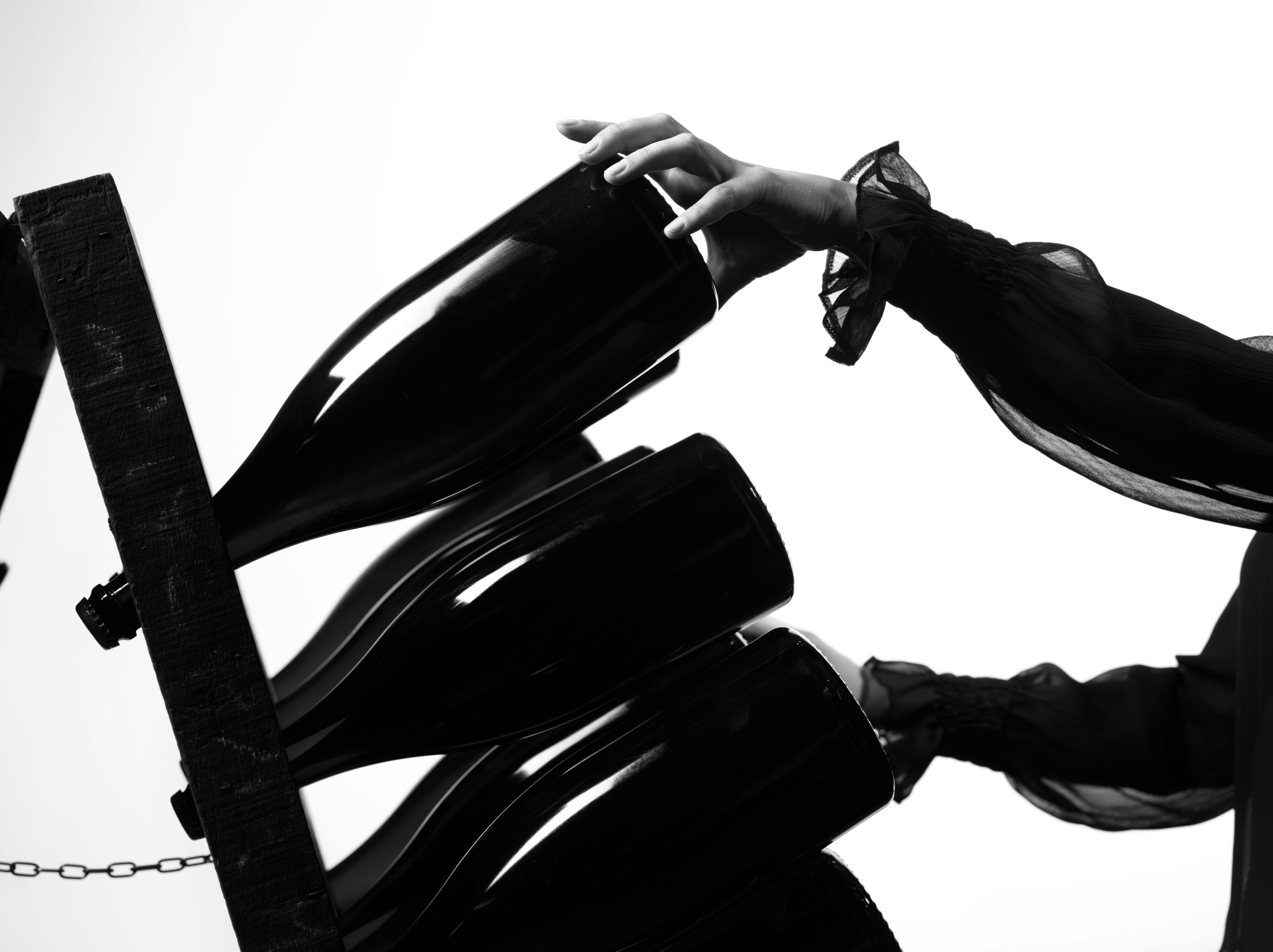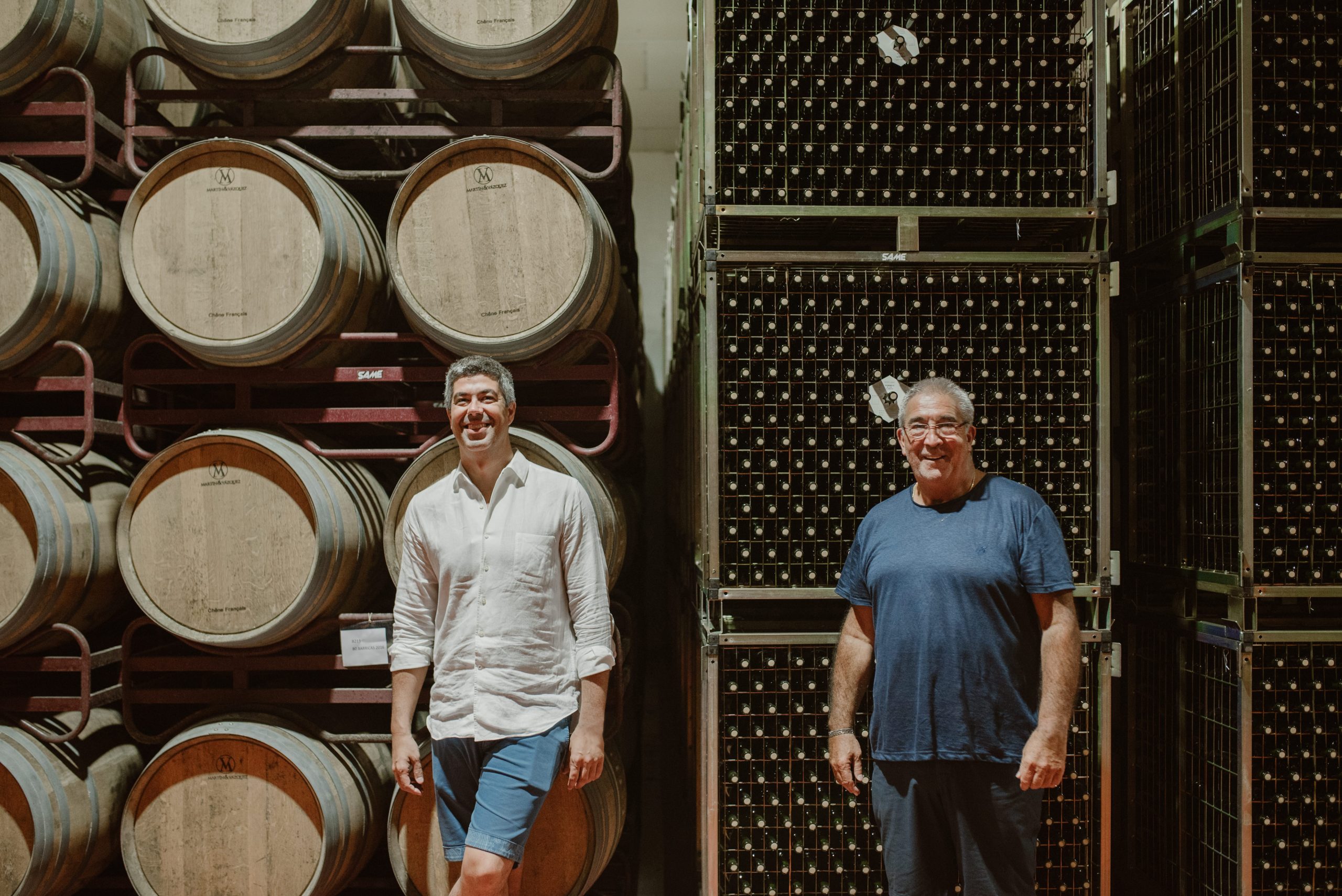Branson’s Cape estate unveils wine venture
UK consultancy firm Litmus Wines has announced a joint winemaking venture with Sir Richard Branson’s newly acquired Mont Rochelle estate in South Africa.
The Franschhoek property, which was bought by Branson’s company Virgin Limited Edition last year, includes 12.5 hectares of vineyard. Under the terms of the joint venture, Mont Rochelle Winery Ltd, these will remain fully owned by VLE, but Litmus Wines will oversee their management, along with winemaking and international sales.
Founded in 2008 by Australian former “flying winemaker” John Worontschak, Litmus Wines is based at Denbies Estate in Surrey, from where it carries out contract winemaking and consultancy, as well as making its own range of English still wine.
The relationship came about after Worontschak was asked to carried out due diligence on the Mont Rochelle vineyards before VLE added the estate to a portfolio that includes Necker Island in the British Virgin Islands, The Roof Gardens restaurant in London, Ulusaba game reserve in South Africa and The Lodge chalet in the Swiss Alps resort of Verbier.
When VLE asked whether he would be interested in taking a bigger role in the venture, Worontschak told the drinks business, “I jumped at the chance. It’s a little gem of a property.”
Explaining the move, VLE managing director Jon Brown commented: “When we purchased the estate, we knew we needed to find a solution to ensure that the quality improvements we planned for the hotel would be mirrored in the winery. The decision to work with Litmus Wines was easy, given their unrivalled expertise in winemaking, wine business and international sales.”
An initial R5 million (£276,000) seed capital investment from the two partners has allowed the winery to be refurbished, with new drainage systems and flooring, as well as the installation of variable volume tanks to allow for micro-vinification projects. Both the barrel room and storage facility have been fitted with temperature and humidity control and there are future plans to improve the grape delivery and crushing areas, as well as to buy more laboratory equipment.
Working closely with winemaker Dustin Osborne, who had done some work at Mont Rochelle under its previous owners, the team has now completed its 2015 harvest, with total production for this year due to reach 80,000 bottles. The company is in the process of redesigning labels for these wines before the first expressions are released in a few months time.
Worontschak confirmed that there was “room for expansion,” both in the vineyards and overall production. “The winery’s capacity is 200 tonnes and we’re only using half of it,” he remarked, adding: “We’re always going to be boutiquey.”
In future, the company is likely to look at buying grapes from other Franschhoek growers, although Worontschak noted that it would only look at fruit grown on the same type of hillside vineyards rather than the “flat clay” that dominates much of the region’s plantings.
Partner Content
At present, the vineyards are planted mostly with Chardonnay, Sauvignon Blanc, Merlot, Syrah and Cabernet, with smaller parcels of Petit Verdot, Mourvèdre, Semillon and Viognier.
Having inherited previous vintages, some in tank, others bottled, the team has been selecting the best examples which will be sold under a “Reserve” label of the producer’s mid-tier Mont Rochelle range, which Worontschak described as focused on “fighting varietals.” These will carry an RRP of between £12 and £15.
Below this will sit an entry level offer, currently called Artemis but due to be renamed as “something easier”, which will feature one white and one red to retail for around £11.
In the best years, the company will also produce a top level red and white blend called Miko in honour of former owner Miko Rwayitare who died in 2007 after establishing the Mont Rochelle wine brand. The Miko red is likely to be a Shiraz-based blend, incorporating some Cabernet Sauvignon among other varieties, and will retail for just over £40. The white wine is likely to be Chardonnay-based.
While pleased with the existing quality of wine and vineyards his company inherited, Worontschak suggested that there was room for improvement, especially with the Chardonnay. “We will be doing a lot more work in the vineyard and more lees work with older barrels to make something more linear and modern,” he outlined.
This is just the latest in a string of high profile investments by foreign companies in South Africa’s wine estates. Last year saw Swartland Winery acquired by Chinese businessman William Wu, while Jackson Family Wines bought its own farm in Stellenbosch and plans to release its first vintage of a high end Chardonnay called Capensis later this year.
An in-depth look at the attraction of South Africa for foreign investors, as well as their impact on the country’s wine industry, appeared in March’s issue of the drinks business.




